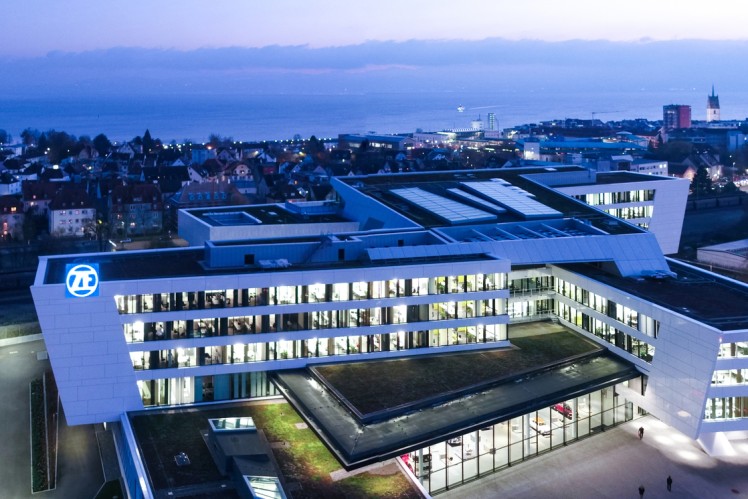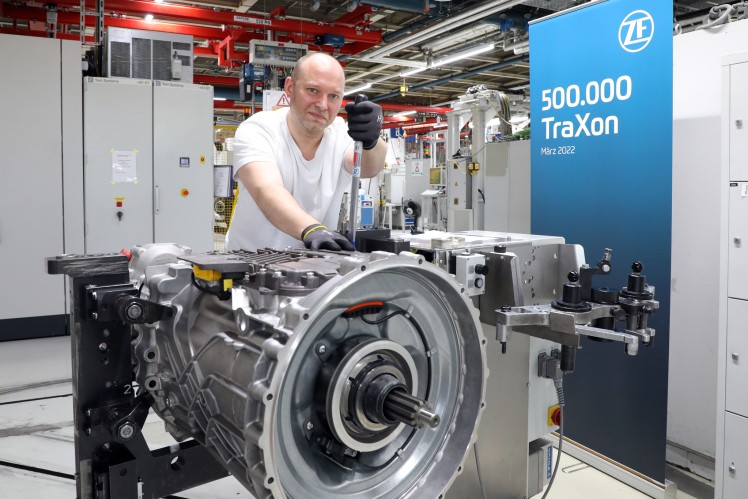The German automotive supplier ZF Friedrichshafen plans to eliminate up to 14,000 jobs in Germany by 2028, reflecting the profound transformation sweeping through the automotive industry.

Industry transformation hits suppliers
ZF Friedrichshafen, one of Germany’s most important automotive suppliers, announced today its intention to cut between 11,000 and 14,000 jobs in Germany by the end of 2028. This decision comes as the company grapples with the rapid changes in the automotive sector, particularly the shift towards electric mobility.
CEO Holger Klein acknowledged the difficulty of the decision, stating, “We are aware that we must also make difficult but necessary decisions to align ourselves for the future.” The company aims to implement these reductions as socially responsibly as possible, exploring options such as partial retirement offers and severance programs.
Scale and impact of job cuts
With approximately 54,000 employees in Germany, the planned job cuts would affect more than one in four positions at ZF’s German operations. The reductions will span across production, administration, and development departments, reflecting the broad impact of the industry’s transformation.

This move is part of a larger cost-cutting program announced earlier this year, aiming to reduce global costs by about 6 billion euros by the end of 2025. The company sees these measures as crucial for strengthening its competitiveness and securing its position as a leading global supplier, especially as it prepares for the further shift to e-mobility from 2026 onward.
Financial pressures and industry challenges
ZF’s decision is largely driven by its high debt burden, primarily resulting from the acquisitions of automotive supplier TRW and brake specialist Wabco. The company is currently paying hundreds of millions of euros in interest, which impacts its ability to invest in research and development.
The automotive supplier industry is facing unprecedented challenges as it navigates the transition to electric vehicles, autonomous driving technologies, and changing mobility patterns. This shift requires significant investments in new technologies and capabilities, while traditional revenue streams from combustion engine-related components are under pressure.
Resistance and concerns
The company’s works council has announced its opposition to the job cuts. Achim Dietrich, head of ZF’s works council, stated, “We will fight for every single job.” He accused management of poor decision-making and vowed “bitter resistance” against the plans.
The announcement has raised concerns about the future of ZF’s German operations and the broader implications for the country’s automotive industry, which has long been a cornerstone of its economy.
ZF, majority-owned by the Zeppelin Foundation of the city of Friedrichshafen, employs around 169,000 people worldwide across more than 160 production sites in 31 countries. The company reported revenues of approximately 46.6 billion euros last year.
As ZF implements these restructuring measures, it faces the challenge of balancing cost-cutting with the need to invest heavily in future technologies. The company’s ability to navigate this transition successfully will be crucial not only for its own future but also for the broader German automotive industry.









